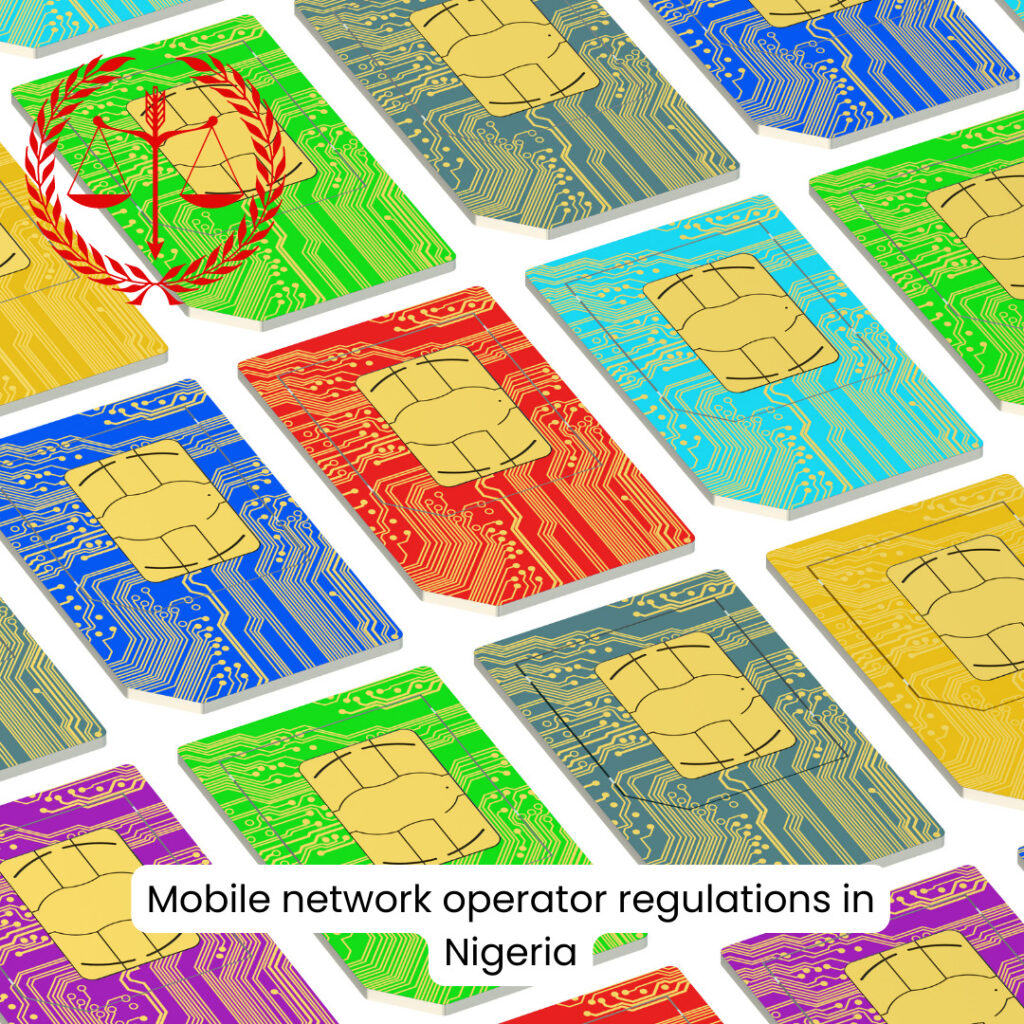Mobile Network Operator Regulations in Nigeria
In the dynamic landscape of telecommunications, mobile network operators (MNOs) play a pivotal role in connecting people, enabling communication, and driving economic growth. In Nigeria, a nation witnessing rapid technological advancement, MNOs are instrumental in providing access to mobile services that have become an integral part of daily life. To ensure the efficient and equitable functioning of mobile networks, comprehensive regulations are essential. These regulations not only guide the operations of MNOs but also balance the interests of consumers, competition, and technological innovation. In this article, we delve into the realm of mobile network operator regulations in Nigeria, exploring their significance, challenges, regulatory approaches, and implications for MNOs, consumers, and the broader telecommunications landscape.
The Role of Mobile Network Operators
Mobile network operators are companies that provide wireless communication services to individuals and businesses. They establish and manage the infrastructure that enables mobile voice calls, text messaging, mobile internet, and other wireless services. MNOs are essential players in the telecommunications ecosystem, connecting people, facilitating commerce, and contributing to societal development.

The Significance of Mobile Network Operator Regulations
Mobile network operator regulations hold immense significance for several reasons:
- Consumer Protection: Regulations ensure that consumers receive quality services, transparent billing, and fair treatment from MNOs.
- Market Competition: Effective regulations promote healthy competition among MNOs, leading to improved services and competitive pricing for consumers.
- Spectrum Management: Regulations guide the allocation and usage of the telecommunications spectrum, optimizing network capacity and performance.
- Infrastructure Development: Regulatory frameworks encourage investments in network infrastructure, expanding coverage and access to mobile services.
Challenges in Mobile Network Operator Regulations
Regulating mobile network operators in Nigeria comes with challenges:
- Changing Technology Landscape: The rapid pace of technological change may require adaptable regulations to address emerging services and technologies.
- Equitable Access: Ensuring that mobile services are accessible to all segments of society, including underserved areas, is a complex challenge.
- Network Quality: Balancing the need for network quality and coverage with the requirements of fair competition is a delicate task.
- Consumer Rights: Addressing consumer complaints and disputes while upholding fair business practices requires effective regulatory mechanisms.
Regulatory Approaches
Regulatory approaches to mobile network operator regulations can include:
- Licensing and Permitting: Requiring MNOs to obtain licenses and permits to operate, ensuring compliance with technical and financial requirements.
- Quality of Service Standards: Defining and enforcing standards for network quality, coverage, and customer service.
- Competition Policies: Implementing policies that encourage fair competition and prevent anti-competitive behavior among MNOs.
Implications and Opportunities
Mobile network operator regulations have implications for MNOs, consumers, and the broader telecommunications sector:
- Consumer Empowerment: Regulations ensure that consumers have access to reliable, transparent, and affordable mobile services.
- Business Environment: Clear and fair regulations create a conducive environment for MNOs to invest, innovate, and expand their services.
- Digital Inclusion: Effective regulations support efforts to bridge the digital divide by expanding access to mobile services in underserved areas.
Charting the Path Forward
The future of mobile network operator regulations in Nigeria holds promise:
- Inclusive Policies: Designing regulations that prioritize universal access, competition, and consumer rights is crucial.
- Stakeholder Collaboration: Engaging with MNOs, consumer advocates, and technology experts can lead to well-informed and balanced regulations.
- Technology Neutrality: Ensuring regulations are technology-neutral allows for flexibility and adaptation to evolving technologies.
- Regulatory Innovation: Embracing innovative regulatory approaches, such as sandboxes for testing new services, can encourage technological innovation.
Conclusion
Mobile network operator regulations are the cornerstone of a connected society, enabling reliable communication and economic progress. By adopting principles that balance consumer protection, competition, and technological advancement, Nigeria can create an environment where MNOs drive connectivity, foster economic growth, and support a thriving digital ecosystem. As Nigeria continues its technological evolution, a proactive and adaptive approach to mobile network operator regulations will contribute to a digital future that values accessibility, innovation, and a well-connected society.
